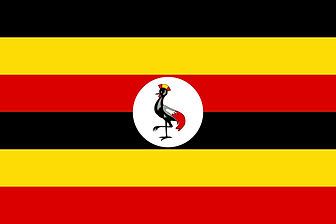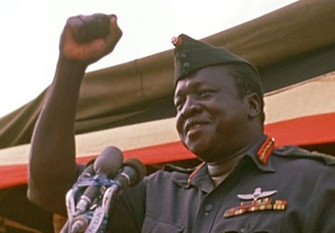HISTORY OF UGANDA
Uganda has faced much turmoil in its history. The obstacles and issues the Ugandan people have faced and continue to face, are a testament to who they are as a people and how they are continuing to develop and find their way forward as a nation.
Uganda took a step forward in autonomy by gaining independence from British rule in the 1960’s. However, since then they have experienced a number of internal and external conflicts. In 1966, Milton Obote promoted himself to the presidency and the following year a new constitution was made, giving considerable power to the presidential role.
In 1971, a coup led by Idi Amin, toppled Obote’s leadership and took over the country. Amin declared himself president, claimed parts of Kenya and sought the Kagera region of Tanzania. He drove out an estimated 60,000 non-Ugandan citizens from Asia. During this tumultuous time, Tanzania invaded Uganda, unifying ‘anti-Amin’ forces, and this forced Amin to flee the country. It is not known how many people were killed during Amin’s presidency. Amnesty International estimates the number of people killed to be around 500,000.
What followed were years of different presidents being overthrown by various sources like the army and leaders of different groups. This environment was incredibly difficult for the Ugandan citizens. In 1996, Uganda had its first direct presidential election, electing Yoweri Museveni to office
All the while, in the 1980’s a rebel group called the LRA started to terrorize Ugandan citizens. Between 1987 and 2006 at least 20,000 children were abducted. Some were forced to kill adults; at times it was their parents. Many of them were abused physically, emotionally, and sexually. 1.9 million citizens were displaced from their homes into camps and tens of thousands of people died. In 2002, the Ugandan army evacuated 400,000 civilians in Northern Uganda who were caught up in the fight against the LRA.
Since the LRA were pushed back from the north of Uganda after 20 years, the displaced person’s camps were dispersed, and the people are slowly being absorbed back into society. Now there has been more stability overall which has allowed Uganda to face massive social issues like poverty, HIV/AIDS, displaced persons, etc





.png)